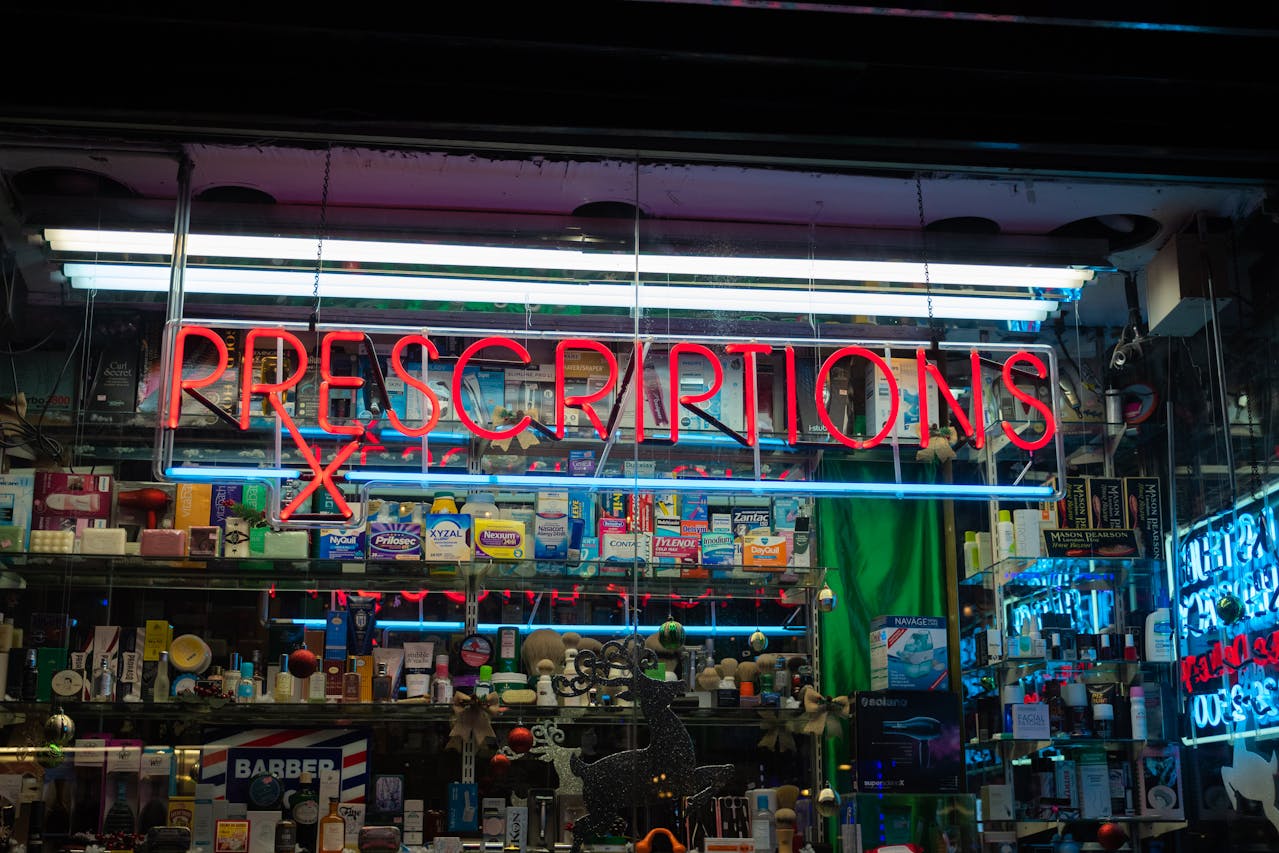Health
Many drugs are prescribed for conditions they weren’t tested for – here’s what you need to know

All prescription drugs need a licence from a regulator to treat a specific condition. (Pexels Photo)
All prescription drugs need a licence from a regulator to treat a specific condition. But licensed drugs can be prescribed for conditions they haven’t been tested for in a clinical trial. This is known as “off-label” prescribing – and it’s very common.
The UK doesn’t have current figures on overall off-label prescribing, but a US study found that one in five prescriptions was off label.
It is important to note that off-label medicine use is not the same as experimental use. Legally, once a medicine has obtained a licence, it can be used for any condition in any patient. A licence is evidence a medicine is safe, effective and of good quality.
So why is off-label prescribing so common? This practice is most common in children, older people, pregnant women and psychiatric patients, usually with changes in dosing and formulations. It is unusual for drugs to have been tested in these groups of patients.
Obtaining a new license for a medicine (to treat a different condition) is time-consuming, often taking up to eight years to get approval. It is also very expensive, with the new revenue for the additional uses often not being enough to offset the cost of running new clinical trials, marketing and re-labelling the drug.
To determine if a medicine can and should be prescribed off-label, a prescriber may consider several factors. There may be common features in two similar conditions that ensure there should be a degree of cross-effectiveness. For example, a medicine licensed for anxiety might reasonably be used to treat post-traumatic stress disorder. And a drug approved to treat one type of cancer could reasonably be expected to target other types of cancer.
Some off-label uses have been found by accident. Beta-blockers were licensed in the 1960s to treat heart conditions. People who were prescribed these drugs and who suffered from migraines found that their migraine symptoms improved after they started taking the drug. Today, these drugs are commonly prescribed for migraine.
On occasion, off-label medicine use can become the primary treatment option for a particular condition. Amitriptyline, an older type of antidepressant, is now often used to treat nerve pain.
Usually, a prescriber will have considered all other medical options for a patient and will have reviewed the evidence to support any off-label prescribing. This includes “evidence summaries” provided by the National Institute for Health and Care Excellence. These are available to GPs to support safe decision-making.
The summaries look at current guidelines and reviews as well as research studies, such as clinical trials and observational studies, and expert opinions. Although the guidelines mainly focus on licensed drugs, they also discuss off-label uses that are common in practice.
Some off-label drugs may also be listed in the British National Formulary, a reference book that contains prescribing information about drugs available in the UK.
Great responsibility
Whether there is a wealth of evidence or not, there is a greater responsibility for the prescriber when prescribing drugs off label.
One risk is the absence of information from the patient leaflet. The metformin patient leaflet, for instance, discusses its use in diabetes, but there is no information about its alternative use to treat polycystic ovary syndrome, which can confuse patients.
A bigger risk is the incidence of side-effects, which increase when off-label prescribing is not based on strong medical evidence. Alternatively, the drug may not work at all.
Despite being strongly advocated at the time by some doctors and politicians, a 2021 review debunked the use of hydroxychloroquine to treat COVID and found an increased risk of death with its use.
Recently, Ozempic (semaglutide) caused a storm, with celebrities promoting its miraculous weight-loss effects. This off-label prescribing has led to continuing drug shortages affecting people with diabetes. But it also to the development of Wegovy for weight loss.
No legal duty
While there is no legal duty to tell a patient they have been prescribed an off-label medicine, prescribers follow professional guidelines. These state it is good practice to tell patients if a drug is being prescribed off label.
Patients should be told information about the medicine, including potential side-effects and the reasons why they have been prescribed an off-label medicine versus a licensed medicine.
A patient who has been told or suspects their medicine is off-label should ask why they have been prescribed this medicine and what the risks versus the benefits are. They could ask what the likelihood is of this medicine working and what might happen if they do not have the medicine.
Off-label drugs do not have the same medical evidence as licensed drugs and inappropriate use could lead to more side-effects. However, for some people, off-label drugs could be the best or only option and they must receive honest and accurate information about their treatment.![]()
Dipa Kamdar, Teaching Fellow in Pharmacy Practice, Kingston University
This article is republished from The Conversation under a Creative Commons license. Read the original article.





















